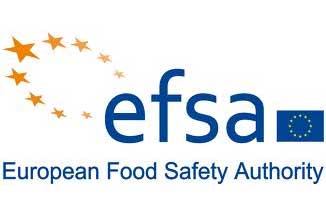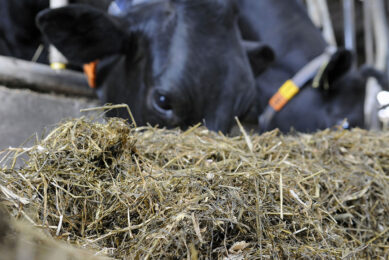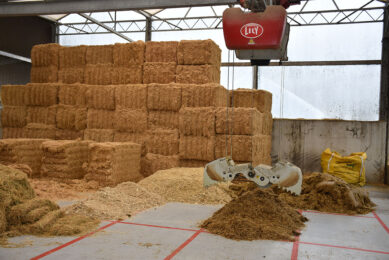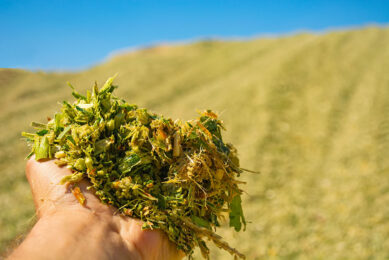EFSA opinion on silage additives

The European Food Safety Authority has published scientific opinions on the use of sodium benzoate and Lacotbacillus as silage inoculants.
Sodium benzoate is intended for use as a technological additive to improve the ensiling process at a proposed dose of 2,400 mg/kg fresh matter, the eventual use of the silage being for pigs, poultry, bovines, ovines, goats, rabbits and horses.
The application of sodium benzoate in the preparation of silage at the proposed dose was safe for the target animals.
Based on a series of laboratory studies, sodium benzoate at the recommended dose was shown to have the potential to improve the production of silage by reducing pH and increasing the preservation of dry matter.
This was demonstrated in a range of easy, moderately difficult and difficult to ensile forage materials.
Sodium benzoate at concentrations between 250 and 2 500 mg/kg forage also has the potential to increase the aerobic stability of ensiled materials at a wide range of dry matter content.
Lactobacillus strains
Two strains of Lactobacillus plantarum and one of Lactobacillus buchneri are each intended to improve the ensiling process at a dose of 1×108 CFU/kg fresh matter.
Both speciesare considered by EFSA to be suitable for the Qualified Presumption of Safety approach to safety assessment.
As the identity of the strains has been established and as no antibiotic resistance was detected, the use of the strains in the production of silage is presumed safe for livestock species, consumers of products from animals fed the treated silage and for the environment.
Both strains of L. plantarum have the potential to improve the production of silage by increasing lactic acid content and the preservation of nutrients, by reducing the pH.
This was demonstrated in a range of easy and moderately difficult to ensile forage material. L. buchneri has the potential to increase acetic acid concentration and consequently to improve aerobic stability in a wide range of forages with a dry matter content between 40-65 %.











